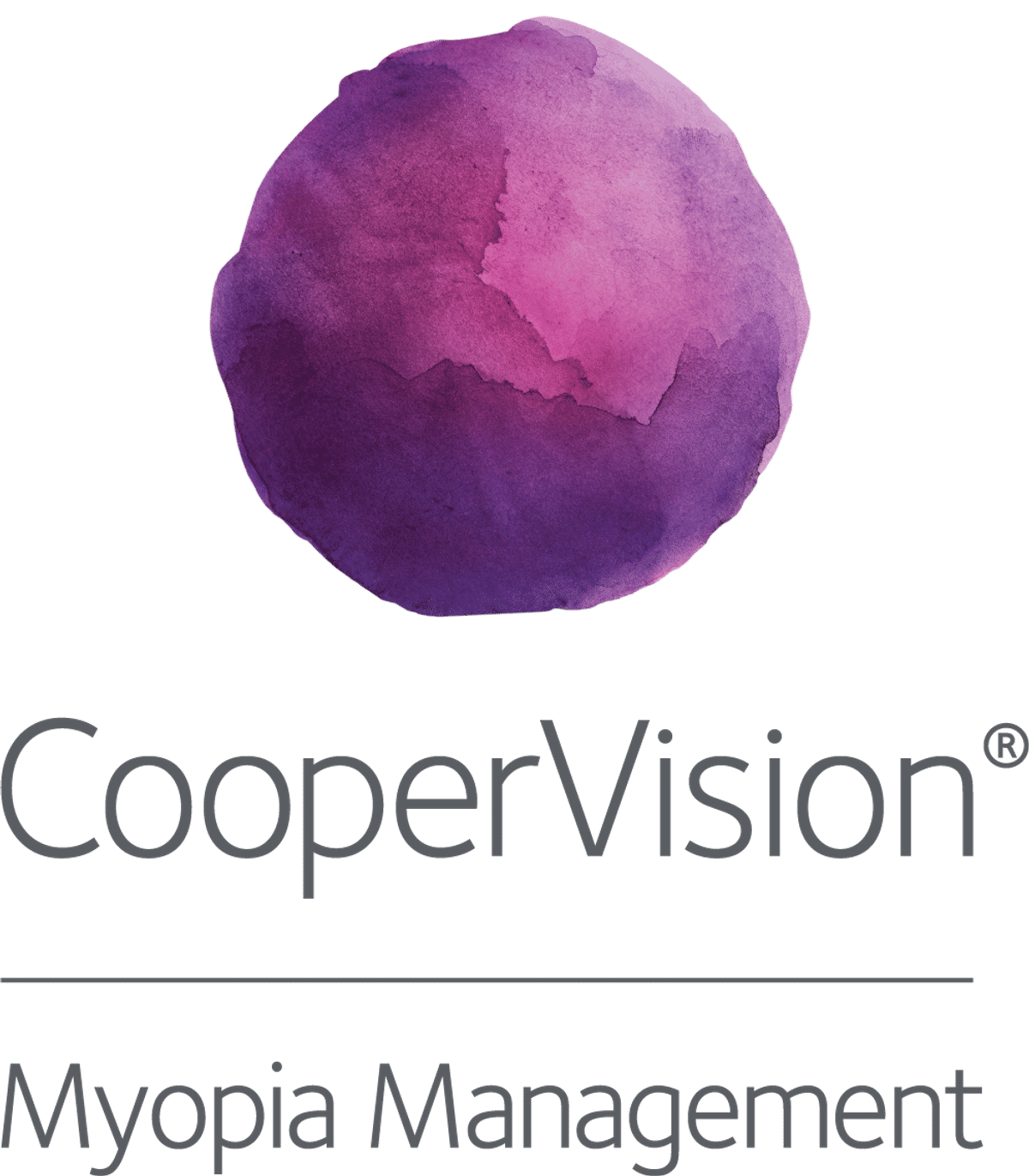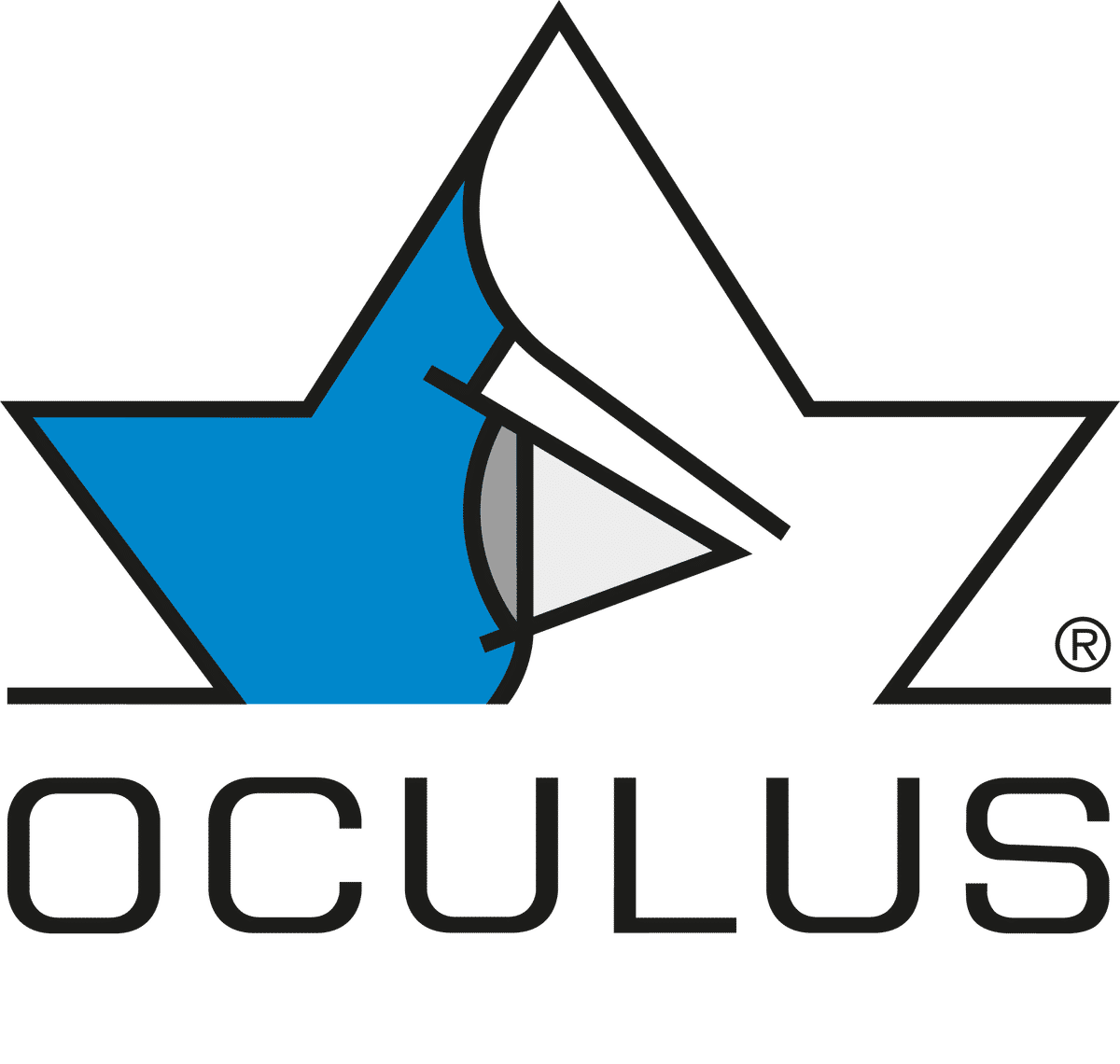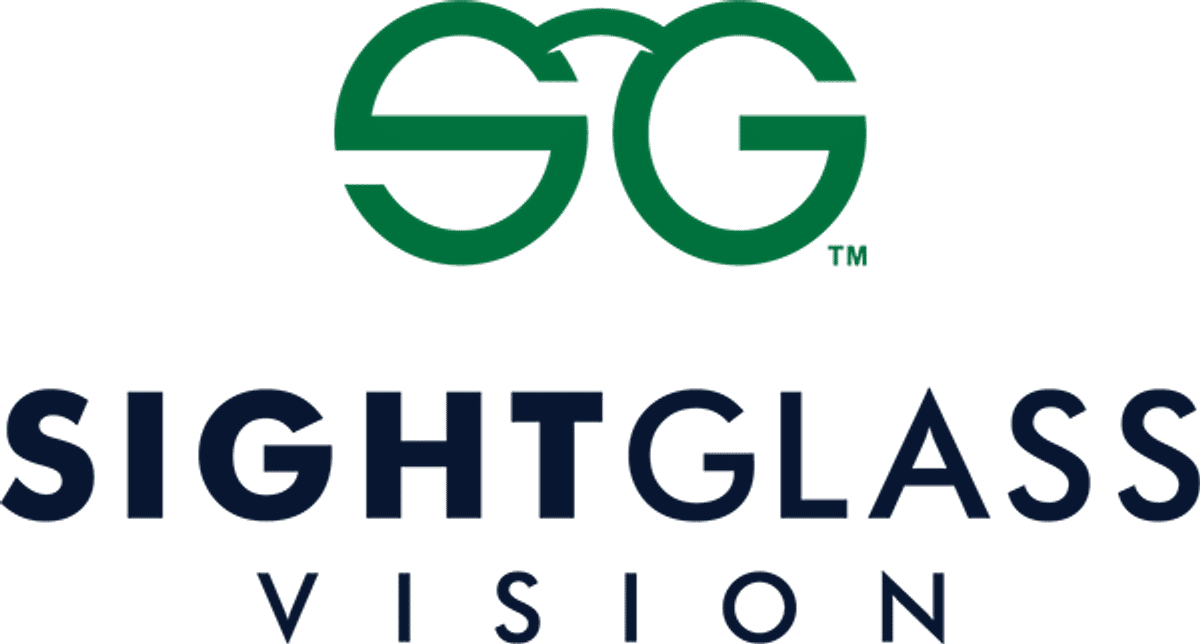Clinical
How excessive screen time impacts meibomian glands

Sponsored by
In this article:
Children are increasingly using electronic devices for both education and leisure. Studies have shown a correlation between increased screen time and myopic incidence and its progression.1 It is a known fact that spending more time on electronic devices is associated with dry eye.2 TA shares a case of a meibomian gland dysfunction which may be caused by increased screen time. Here is the case.
Digital screen time and meibomian glands
Meibomian glands secrete meibum to reduce tear evaporation. The blinking motion serves as a pumping force that releases meibum. Studies have shown that meibomian gland dysfunction and screen time are correlated. However, the severity of meibomian gland dysfunction varies between studies. Cremers et al showed that excessive electronic screen use is associated with severe meibomian gland atrophy. Of the children with severe melbomian gland atrophy, 86% were reported to engage in more than 4 hours of daily screen time and 50% of them more than 8 hours daily.3
On the other hand, Kocamis showed weak but significant positive correlation between loss of meibomian gland area, meiboscore for gland atrophy, meibomian gland tortuosity and screen time.4 It is worth noting that meibomian gland atrophy can present as asymptomatic among the pediatric population.4
Other than affecting meibomian glands, increased screen time exposure can also affect the tear film and the ocular surface. Reduced blink rates whilst engaging in near tasks can cause excessive tear evaporation. Studies show that the first hour of smartphone gaming does not impact the tear film function, but that dry eye symptoms escalated in the subsequent hours.5,6
What can we do?
Providing advice to parents and young patients on managing screen time is important for myopia and ocular health. From the point of view of childhood development, physical and mental health, the American Academy of Paediatrics and the Australian Government Department of Health have suggested:
- Children under two should not have exposure to screen time
- Children aged from 2-5 should have less than 1 hour of screen time daily
- Children age from 5-17 should have no more than 2 hours of recreational screen time per day.
For more detail on the 'why' of these guidelines, and support on clinical communication, check out our article Screen Time Guidelines For Children – Resources For Eye Care Practitioners.
Take home messages:
- Excessive screen time can cause meibomian gland dysfunction, atrophy and tortuosity, affecting tear film function and the ocular surface.
- It is important to take all opportunities to advise young patients and their parents about managing their screen time, to support good vision and ocular health.
- Once meibomian glands are lost they cannot be recovered, so proactive clinical management is imperative.
Further reading
Meet the Authors:
About Connie Gan
Connie is a clinical optometrist from Kedah, Malaysia, who provides comprehensive vision care for children and runs the myopia management service in her clinical practice.
Read Connie's work in many of the case studies published on MyopiaProfile.com. Connie also manages our Myopia Profile and My Kids Vision Instagram and My Kids Vision Facebook platforms.
About Kimberley Ngu
Kimberley is a clinical optometrist from Perth, Australia, with experience in patient education programs, having practiced in both Australia and Singapore.
Read Kimberley's work in many of the case studies published on MyopiaProfile.com. Kimberley also manages our Myopia Profile and My Kids Vision Instagram and My Kids Vision Facebook platforms.
This content is brought to you thanks to an educational grant from
References
- Foreman J, Salim AT, Praveen A, Fonseka D, Ting DSW, Guang He M, Bourne RRA, Crowston J, Wong TY, Dirani M. Association between digital smart device use and myopia: a systematic review and meta-analysis. Lancet Digit Health. 2021 Dec;3(12):e806-e818. (link) [Link to Myopia Profile Science Summary]
- Prescott CR. Increased Screen Time and Dry Eye: Another Complication of COVID-19. Eye Contact Lens. 2021 Aug 1;47(8):433. (link)
- Cremers SL, Khan AR, Ahn J, Cremers L, Weber J, Kossler AL, Pigotti C, Martinez A. New indicator of children's excessive electronic screen use and factors in meibomian gland atrophy. American Journal of Ophthalmology. 2021 Sep 1;229:63-70. (link)
- Kocamiş Ö, Temel E, Aşikgarip N, Örnek K. Electronic Device Screen Time and Meibomian Gland Morphology in Children. Journal of Ophthalmic & Vision Research. 2021 Oct;16(4):531. (link)
- Chidi-Egboka NC, Jalbert I, Golebiowski B. Smartphone gaming induces dry eye symptoms and reduces blinking in school-aged children. Eye. 2022 Jun 6:1-8. (link)
- Al-Mohtaseb Z, Schachter S, Shen Lee B, Garlich J, Trattler W. The relationship between dry eye disease and digital screen use. Clinical Ophthalmology. 2021 Sep 10:3811-20. (link)
Enormous thanks to our visionary sponsors
Myopia Profile’s growth into a world leading platform has been made possible through the support of our visionary sponsors, who share our mission to improve children’s vision care worldwide. Click on their logos to learn about how these companies are innovating and developing resources with us to support you in managing your patients with myopia.











